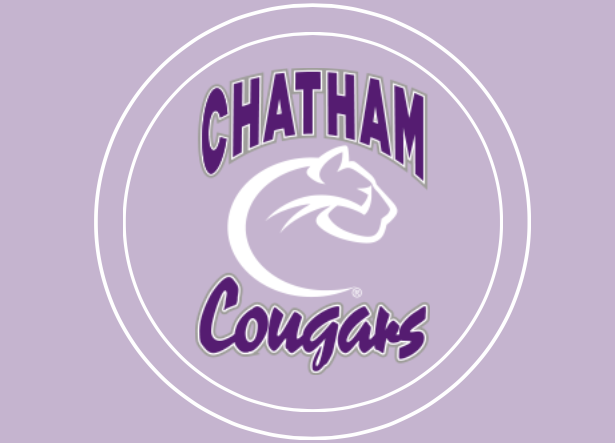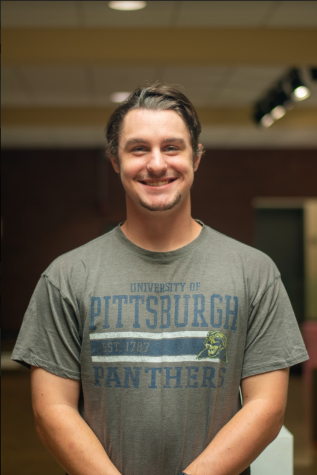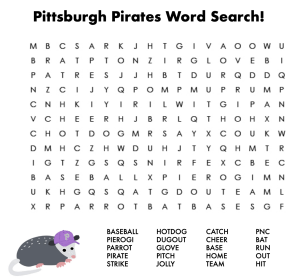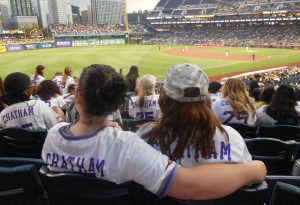Athlete opinions on the pandemic sports season
May 7, 2021
Sports this year at Chatham University have been different compared to previous years. Restrictions from the COVID-19 pandemic have limited athletes with what they are allowed to do to play a full season.
Athletes have had to abide by guidelines such as random sample testing for COVID-19, limited interactions with friends and family and quarantine due to waves of COVID-19 spikes that caused increased risk of spreading the virus.
While many athletes around campus have expressed their willingness to abide by these guidelines, some still find it tough to follow all these restrictions to play sports. Chatham has done a relatively good job of keeping cases of COVID-19 down on campus, but this comes with many safety measures.
There were outbreaks on a few athletic teams during the fall, which caused a full team quarantine — even if one player tested positive. The University was adamant about getting a full season in this year, after some of last year’s cancellations.
When it comes to testing student athletes and following guidelines, Chatham has been consistent about administering tests when athletes travel to away games. This makes athletes follow all protocols to be able to compete in games. Getting a negative test is what clears a student to play. Some athletes think that showing a negative test should mean more than just being able to play.
“Chatham should let us hang out in other teammates’ apartments if we all test negative. If we all practice and play together, then what’s the harm in hanging out with one another if everyone gets a negative test,” said Andrew Clark ‘21.
There were several other athletes who expressed this concern as they were adjusting to the new norms.
Many athletes have also stated that they feel there are pieces missing from the season. One of the biggest of these is the lack of fans.
During this season, Chatham has only allowed a small number of fans to attend outdoor events.
The PACs also does not allow fans to attend away events. This puts the parents who may be closer to an away field than to Chatham’s home field at a disadvantage. Many athletes have not been able to have loved ones attend games because of these restrictions. Many athletes wonder why this is when there is plenty of space to spread out. This has especially taken a toll on seniors, whose family and friends are restricted from attending games.
Seniors wait several years before they get their time to shine and for them to graduate from the University like this is truly unfortunate. Many athletes at Chatham didn’t think it would take too long for the school to loosen the restrictions of only 20 fans per game, but even as the semester ended, the rule still remained.
Another big thing that athletes missed out on was the ability to travel.
“Everything we had to do would be socially distant. We didn’t play any non-conference teams, so I lost out on traveling,’’ said Emily Nay ‘23. “We also didn’t get to go to spring training [in Florida], at the beginning of the season, which was a huge loss.”
This was difficult for athletes because the playing schedule was a heavier load on the weekends. It also was a missed opportunity to play different teams around Pennsylvania. Athletes asked, if all teams had to test negative to travel, why couldn’t Chatham play out-of-conference opponents?
Another thing that athletes have had issues with is the food that is served at the University. Some believe campus has not provided athletes with the ability to get meals needed for their proper diet. Many athletes are trying to build muscle, and Chatham has not been able to provide food that can help athletes compete at their best. They also have not been flexible with their dining hours.
With the limited places that serve food, athletes who have practices and games sometimes come home to cold food or closed shops. Many student athletes depend on the dining hall for a quick late-night bite. It not being open after practice causes these athletes to spend money that they don’t have, whether it’s on extra groceries or fast food.
“We have practice until late at night, and we miss dinner more often than not,” said Dominic Costellic ‘23. “Sometimes when we go to the dining hall the food is cold or it’s just leftovers. Chatham needs to have better options for us after practices because we cannot sacrifice our health and eating habits during the season.”
Overall, Chatham has done a good job at keeping athletes safe from COVID-19 for them to play their respective sports, but many athletes at the University have expressed that the school could have done a better job with fan attendance, travel restrictions and dining services.








